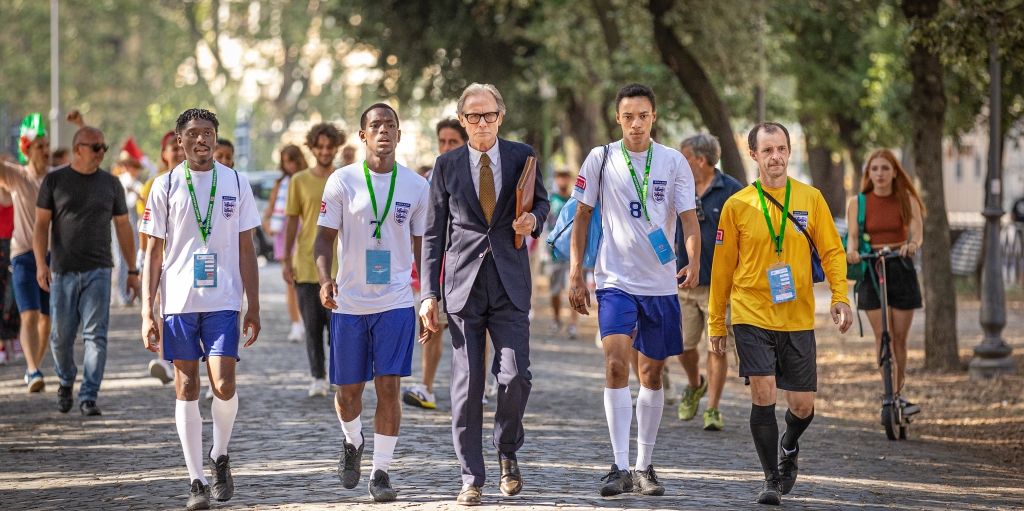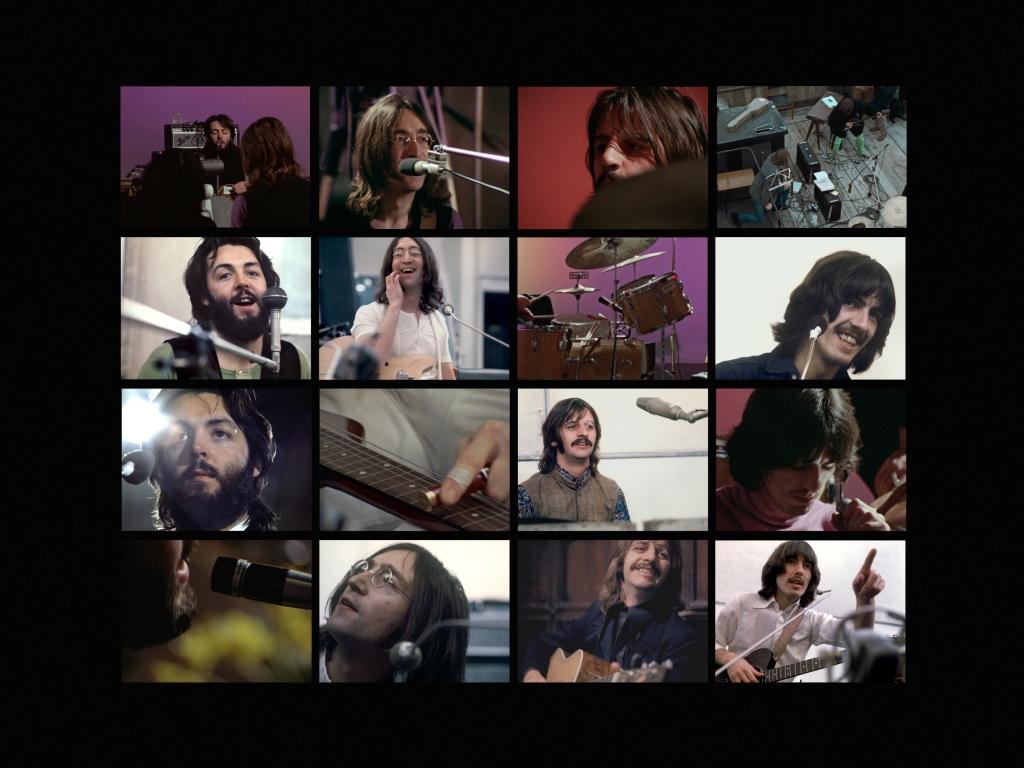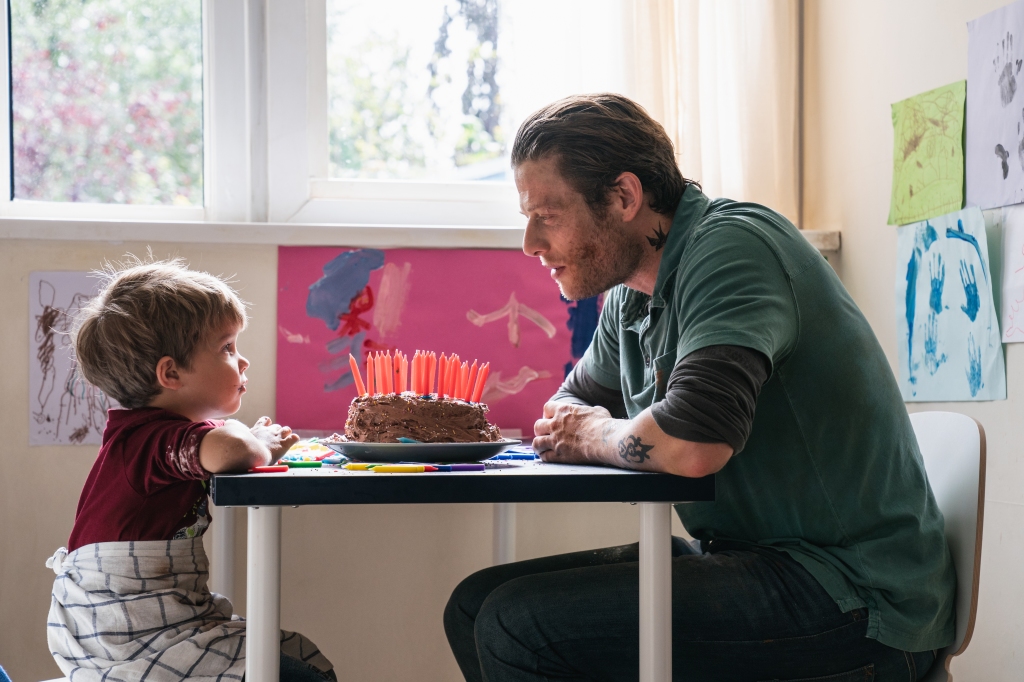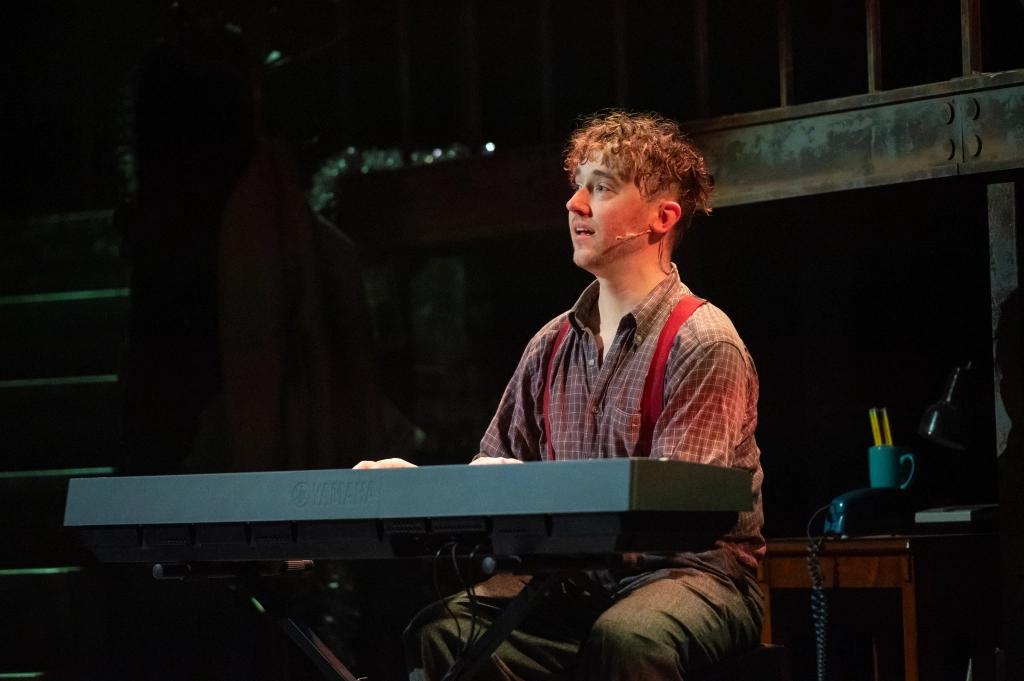The World Cup is one of the biggest sports events in the world, in which millions of people gather over their love of football – or soccer, as we call it in the United States. But there’s another World Cup that has changed the lives of hundreds of people over the many years it’s taken place. The first Homeless World Cup occurred in July 2003, in Graz, Austria, bringing together homeless players from countries around the world to compete against each other.
The Homeless World Cup allows men and women to be a part of a team, work towards something tangible, and travel to a foreign city. According to data on the organization’s website, 94% of players say that taking part has positively impacted their lives and 83% of players reported that it helped their relationships with their family and friends. It’s a beautiful reminder that sports can change people’s lives and a testament to the power of international community building.
Thanks to the South Korean film Dream, which came out last year, I was already familiar with the concept of the Homeless World Cup, so I was very excited when I saw that Thea Sharrock’s The Beautiful Game also centered around the event. The filmmakers worked with the Homeless World Cup Foundation, and Frank Cottrell-Boyce wrote the script based on the stories that he heard from participants he talked to. The film has been in the works for a long time, as it was originally meant to be filmed in 2012, and it’s beautiful to see it finally come to the screen.
The story of The Beautiful Game is centered around Vinny (played by an intense Michael Ward), who is trying to be an involved co-parent for his young daughter whilst living in his car. When retired recruiter Mal (Bill Nighy) spots him barging into a children’s soccer game, he immediately offers for him to join the team he coaches. Vinny clearly has real talent, something that’s somewhat lacking amongst the men of the team.

Vinny is offended to discover that the team is for homeless men and that they have (correctly) assumed that he is too. However, he’s eventually tempted by the offer to travel to Rome and compete against people from other countries around the world. He reluctantly joins the team, much to the dismay of player Cal (Kit Young), who feels that Mal is trying to replace him due to his lack of ability to score.
The well-written, complicated cast of characters that make up the rest of the team is a large part of what makes the film work so well. There’s Kevin (Tom Vaughan-Lawlor), who is recovering from a gambling addiction; Nathan (Callum Scott Howells), whose drug addiction has severely strained his relationship with his mother; and Jason (Sheyi Cole), who develops a crush on a player on another team, but no longer knows how to talk to women. However, it’s Syrian refugee Aldar (Robin Nazari) whose story is most gut-wrenching. Nazari does an excellent job with the role, balancing the comedic relief bits with the serious emotional parts very well.
Cottrell-Boyce’s screenplay is focused not on the actual games of football (though, we certainly see some), but rather on the small community that these men have built. Vinny sees himself as better than the men on the team and has to come to terms with being homeless throughout the film. It leads to an emotional confrontation with Cal, and Young excellently portrays a young man filled with pent-up frustration he’s struggling to keep inside. Ward manages to keep the audience engaged even while Vinny isn’t very likable, and Nighy brings his usual charm to the role of Mal.

The film also provides glimpses into a few other teams who have come for the Homeless World Cup, particularly South Africa, the United States, and Japan. These parts often provide humor, while also showing what participating in the Homeless World Cup can mean to different people and making the outcomes of each match matter more to the audience by endearing us to multiple teams.
Admittedly, the story is somewhat predictable and the filmmaking is largely nothing you haven’t seen before. There are gorgeous shots of Rome, to cinematographer Mike Eley’s credit, and the filming of the football scenes keeps them engaging, even for those uninterested in the sport. However, between this and Wicked Little Letters, Thea Sharrock has certainly proved that she can make the transition from theatre to film director and is one to watch.
Much like another recent piece of media about football players, Ted Lasso, the beauty of The Beautiful Game is in how it focuses on the players and what being a part of the team does for them. It’s ultimately a feel-good movie, but it doesn’t shy away from the more difficult parts of its topic. We need more films like this one that aren’t afraid to probe into men’s mental health issues.
“To make good players, you need good people,” Mal notes at one point in The Beautiful Game. It’s certainly a true statement, and the film shows how building a team who care about each other is just as important as having individually talented players. The film, without ever overtly preaching to the audience, also shows that there are many reasons that people can end up homeless and is careful never to look down upon the characters. The Beautiful Game is a rare film that the whole family can enjoy, that features great performances, and shares information about a worthy but under-recognized organization.






Leave a comment